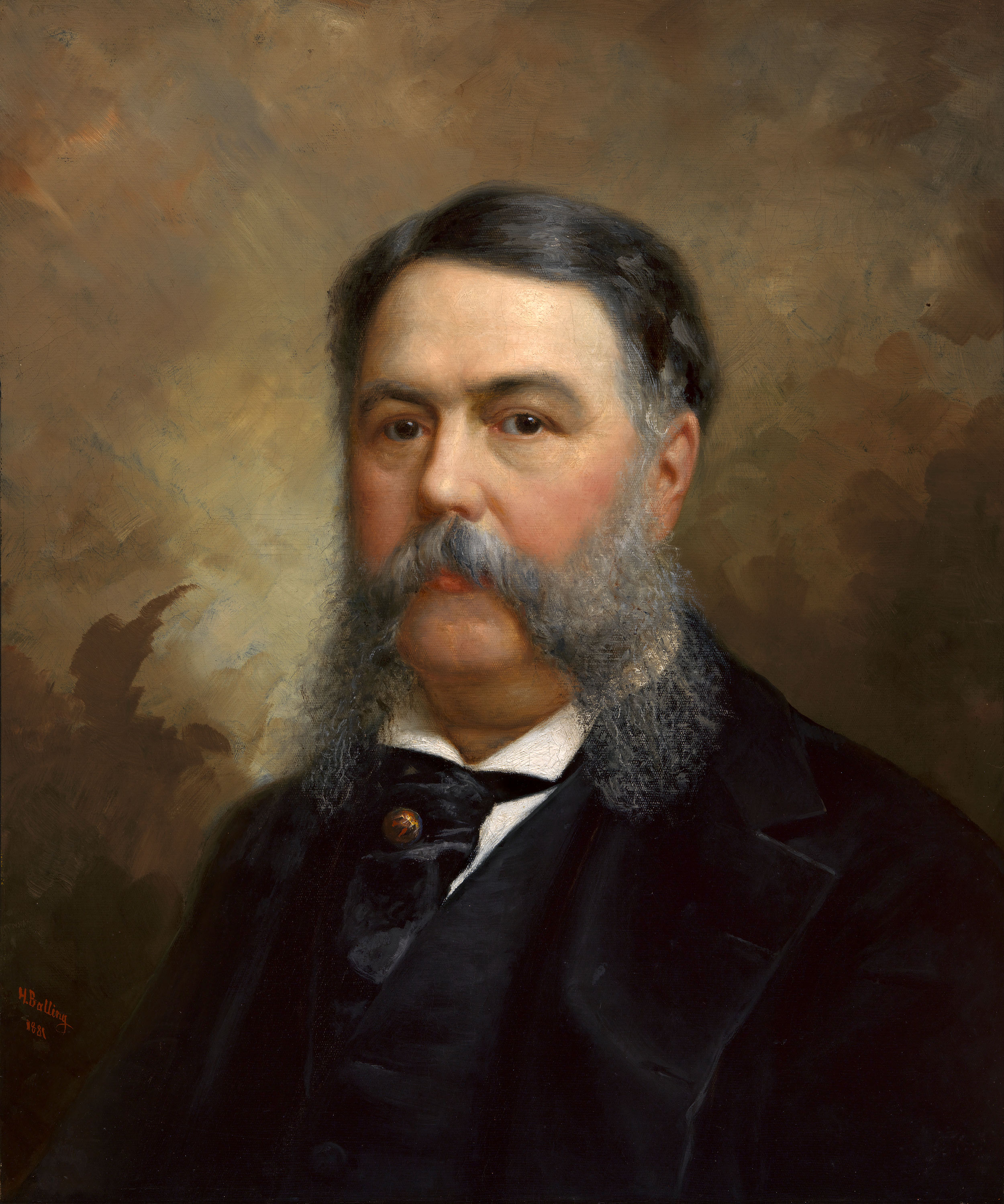As the inauguration approaches, let’s delve into the lives and achievements of the 46 other individuals who have held the esteemed position of President of the United States.
Chester A. Arthur, 21st President of the United States of America
Born: October 5, 1829, in Fairfield, Vermont, U.S.
Died: November 18, 1886, in New York City, New York, U.S.
Top 3 Accomplishments as President (1881–1885):
Pendleton Civil Service Reform Act (1883):
Arthur signed and supported this landmark legislation, establishing a merit-based federal employment system. This marked a significant shift from the “spoils system,” which required competitive exams for government jobs.
Modernization of the U.S. Navy:
Arthur initiated efforts to modernize the Navy, transitioning from wooden ships to steel-hulled vessels. This laid the groundwork for the future development of the U.S. Navy as a significant world power.
Tariff Reform Efforts:
He advocated for and signed the Tariff Act 1883, which slightly reduced tariffs. Though modest, it reflected his attempts to address growing concerns about the protectionist policies of the time.
Top 3 Civilian Accomplishments:
Role as Collector of the Port of New York (1871–1878):
As head of this powerful post, Arthur oversaw one of the busiest customs houses in the country. He enforced laws and regulations effectively, though the position was criticized for being a hub of political patronage.
Legal Career Success:
Before entering politics, Arthur was a successful attorney. He notably represented Elizabeth Jennings Graham in 1854, a landmark case that desegregated New York City streetcars after she was forcibly removed for being Black.
Political Party Leadership:
As a loyal Republican, Arthur worked behind the scenes to strengthen the party within the powerful Stalwart faction. His influence in New York politics was significant, helping shape political strategies and appointments.


No comments:
Post a Comment